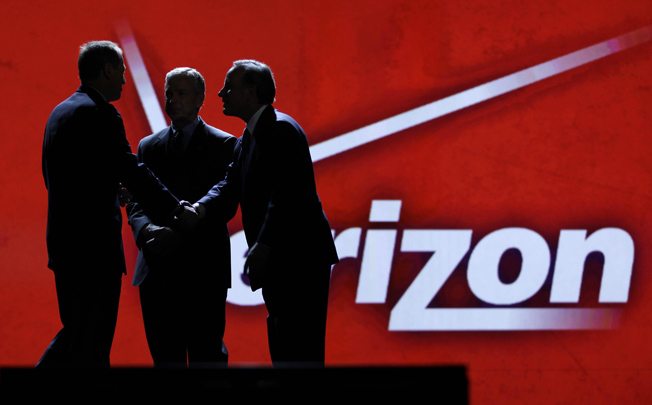The Federal Communications Commission has found Verizon guilty of violating the privacy of its users and imposed a fine of $1.35 million along with three-year consent decree.

The cellular service provider agreed to get consumer permission before sending data about “supercookies” from its base of 100 million users, under a settlement. Verizon wireless was found guilty of inserting unique tracking codes in its users traffic for advertising purposes.
Supercookies are used for delivering targeted ads from Verizon and others by means of inserting a unique and undeletable cookie into web traffic for identifying customers.
In it’s Monday verdict, FCC said that the company failed to disclose the practice from late 2012 until 2014, hence violating a 2010 FCC regulation on Internet transparency.
The FCC further added that consumers privacy practices set on browsers were overridden by supercookies, which led some advocates to call it a “zombie cookie.”
Under the agreement, users permission is a must in sharing users data outside of Verizon Wireless and they should have the right to opt-in or opt-out of it. Before March 2015, Consumer consent was not applicable in use of supercookies by Verizon wireless, but after several U.S. senators raised concerns about the practice, the company agreed to allow an opt-out.
“Consumers care about privacy and should have a say in how their personal information is used, especially when it comes to who knows what they’re doing online,” said FCC Enforcement Bureau Chief Travis LeBlanc.
Verizon Wireless too shared its opinion on the matter.
Verizon spokesman Richard Young said the company “gives customers choices about how we use their data … Over the past year, we have made several changes to our advertising programs that have provided consumers with even more options. Today’s settlement with the FCC recognizes that.”
It’s a win-win situation for customers as their privacy concerns are put forward of everything. With this ruling, companies shall think twice before committing such an offence.
There have been some changes to privacy protections for broadband too and the FCC plans on unveiling them next month.
